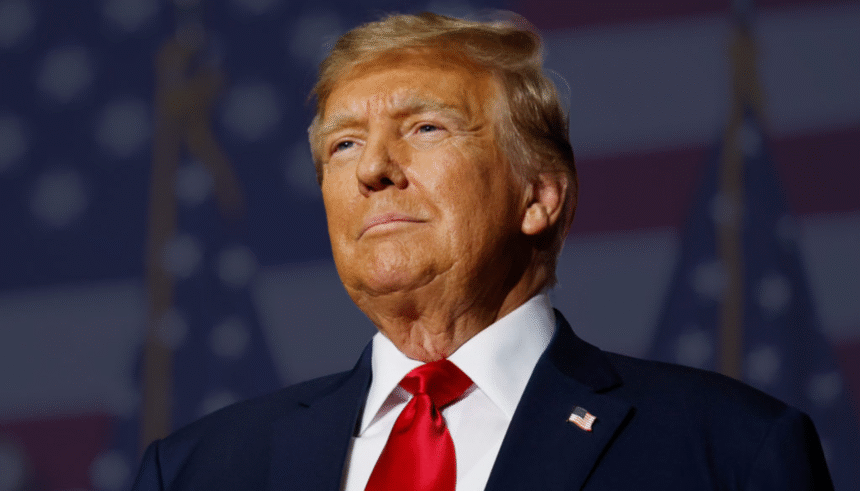In a significant shake-up of his close-knit team, President Donald Trump has removed Mike Waltz from the position of National Security Advisor, appointing Secretary of State Marco Rubio as a temporary replacement. This marks the first major change in Trump’s team since taking office for his second term in January.
In a social media post, Trump announced that he would nominate Waltz to serve as the U.S. Ambassador to the United Nations, praising his dedication to prioritizing the nation’s interests. Trump stated, “Mike has worked tirelessly to put our country’s interests first,” highlighting Waltz’s contributions to U.S. foreign policy.
Rubio to Hold Dual Roles
Marco Rubio will now be the first individual since Henry Kissinger in the 1970s to hold both the Secretary of State and National Security Advisor positions concurrently. Kissinger notably served in both roles during the Nixon administration.
Trump spoke highly of Rubio’s problem-solving abilities, saying, “When I have an issue, I call Marco. He solves the problem.”
The Fallout from Waltz’s Departure
Waltz’s exit has been speculated for weeks, particularly following a controversy involving a Signal group he created where a journalist was mistakenly added. The group was used by senior U.S. officials to discuss sensitive military plans, including a U.S. strike in Yemen. This leak was reported by The Atlantic, prompting scrutiny over security procedures.
The National Security Council (NSC), which plays a crucial role in coordinating U.S. security strategy, has also seen significant changes in recent weeks. Since April 1, at least 20 staff members have left, along with key figures such as the Director of the National Security Agency (NSA) and three political appointees at the Pentagon.
The National Security Advisor post does not require Senate confirmation, and throughout his first term, Trump had four different National Security Advisors: Michael Flynn, H.R. McMaster, John Bolton, and Robert O’Brien.







